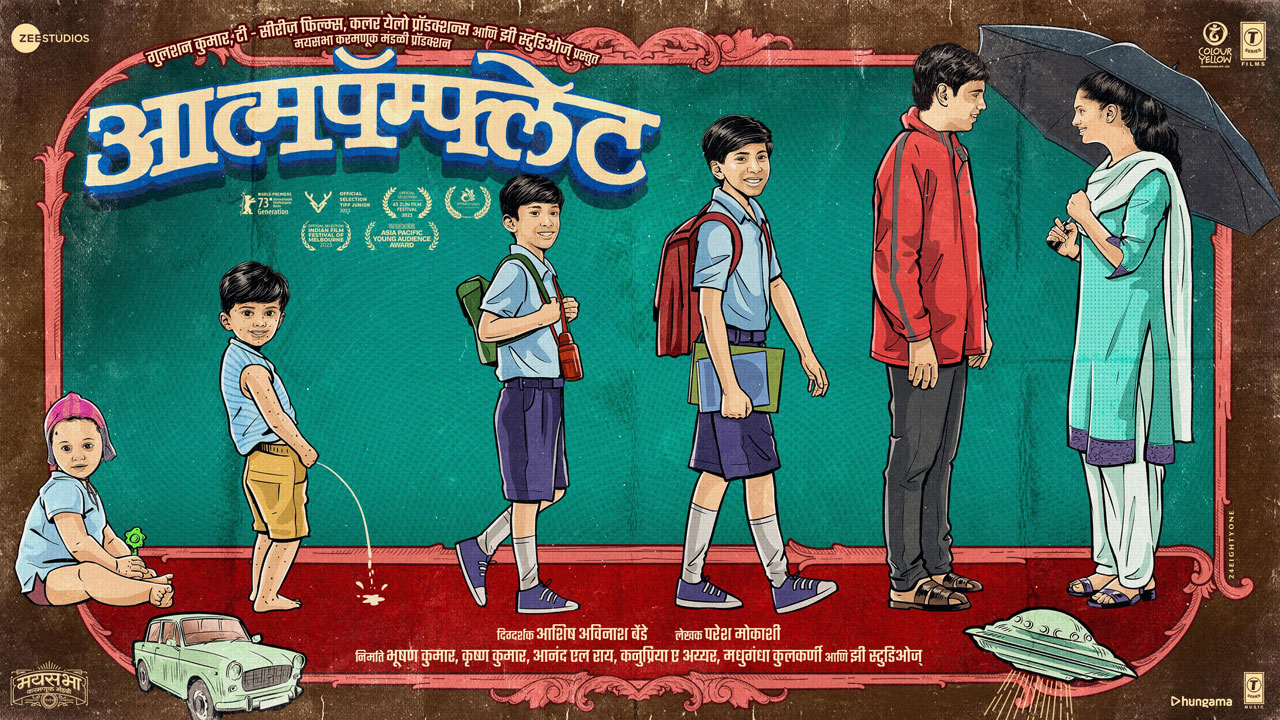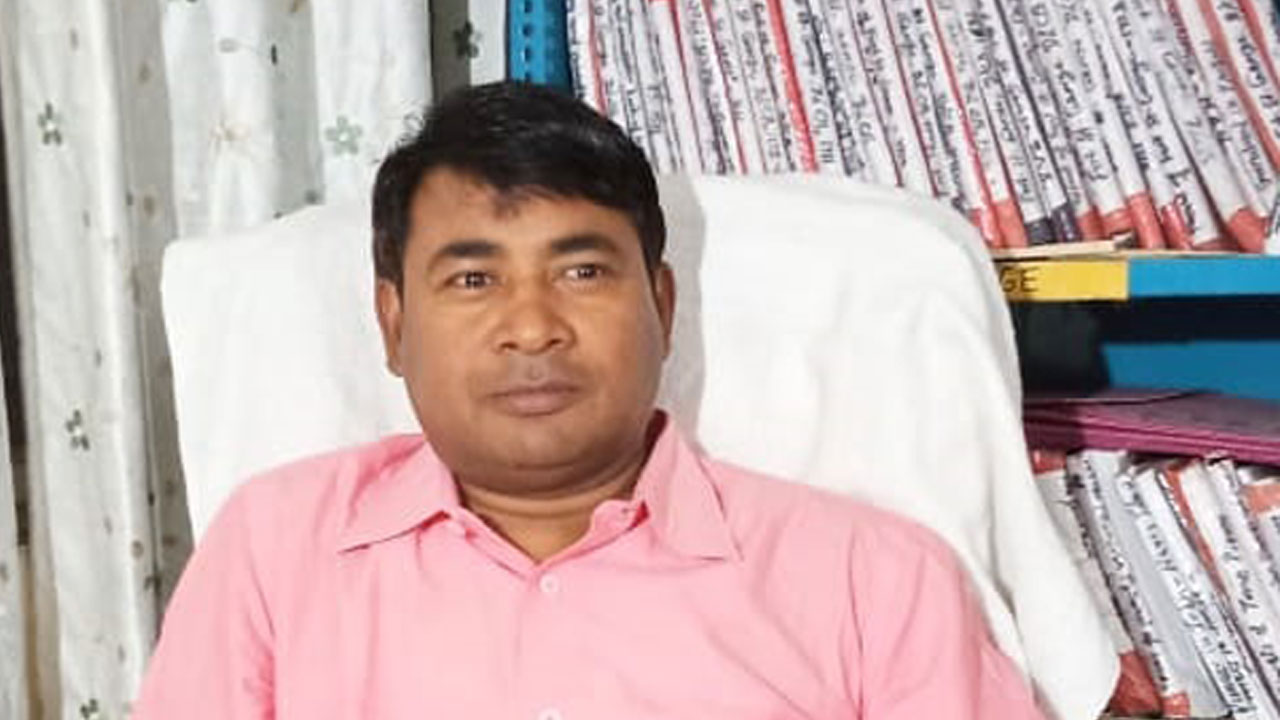Among all the states of India, Punjab has the largest proportion of population that falls under the Scheduled Caste (SC) category. Yet, the category is not homogenous. Far from it, the SCs here are made up of 39 castes scattered over varied religions and deras. These deep, hierarchical divisions offer insight into why the SCs have not made their presence felt in the elections.
About The Author

Ronki Ram
Ronki Ram is the Shaheed Bhagat Singh Professor of Political Science at Panjab University, Chandigarh. He is also a visiting professor at the Centre of Sikh and Panjabi Studies in the University of Wolverhampton, UK. Among the books he has authored or edited are ‘Dalit Pachhan, Mukti atey Shaktikaran’ (Dalit Identity, Emancipation and Empowerment. Patiala: Punjabi University Publication Bureau, 2012), ‘Dalit Chetna: Sarot te Saruup (Dalit Consciousness: Sources and Form; Chandigarh: Lokgeet Prakashan, 2010) and ‘Globalization and the Politics of Identity in India’, Delhi: Pearson Longman, 2008 (edited with Bhupinder Brar and Ashutosh Kumar). Ram has been a professor of Contemporary India Studies at Leiden University in Leiden, the Netherlands. He holds a PhD in International Studies from Jawaharlal Nehru University and a post-doctoral fellowship in Peace and Conflict Resolution from Uppsala University, Sweden.




